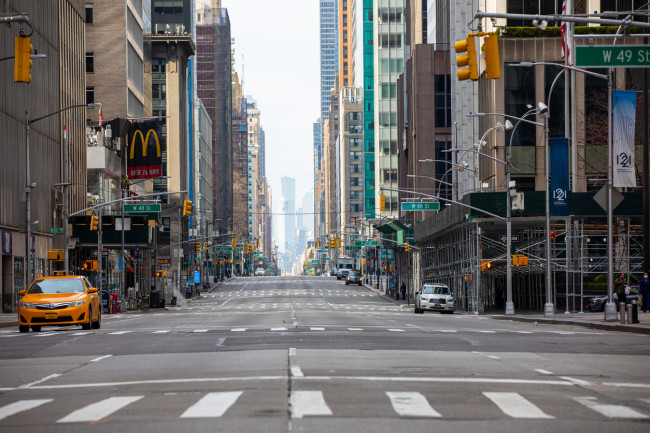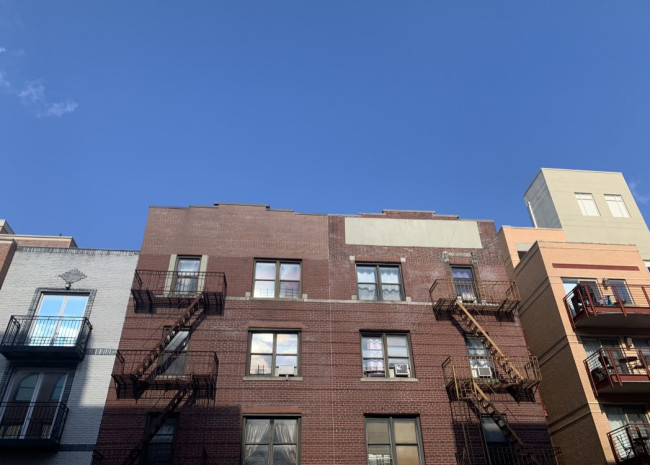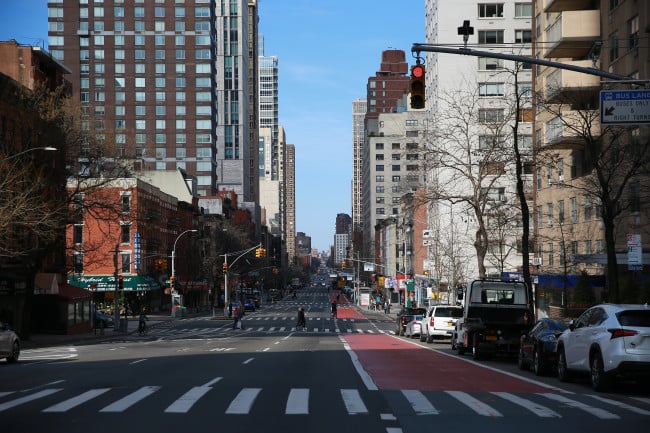My doorman died from coronavirus and my building will never be the same
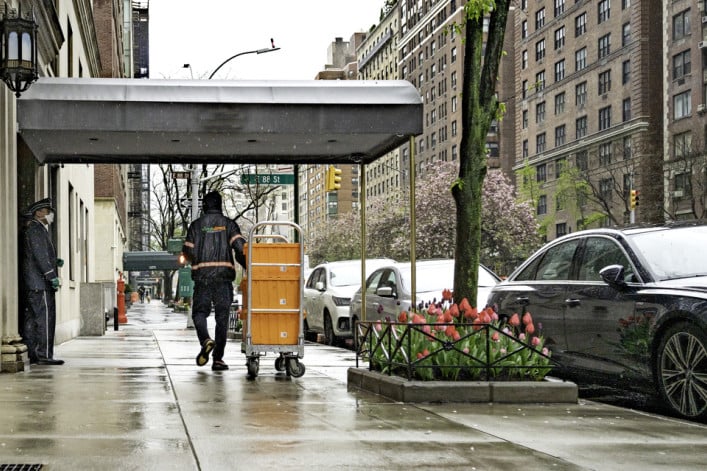
Many New Yorkers know multiple people who have been sick with coronavirus and lots of New Yorkers know at least one person who has died. With Alex's death, a whole building is feeling the same loss.
iStock
My New York City rental building has a new ritual. Each night at 7 p.m., the lights in the lobby are dimmed for 40 minutes, one minute for each year that Alejandro Mendez worked as our doorman.
Alex lost his life to coronavirus in late April, after an entire career spent serving our 500-unit complex on the Upper East Side. He had started working the door in his early 20s, following in his father’s footsteps. Alex’s dad began working in the building soon after it was built in the 1960s, and many long-time tenants remember Alex visiting as a child. After 40 years, he had been excited about retiring soon.
Many New Yorkers know multiple people who have been sick with coronavirus and lots of New Yorkers know at least one person who has died. With Alex, a whole building is feeling the same loss and looking for ways to honor someone essential to our lives.
For me, the loss is very personal. As someone who lives alone and works from home, Alex was my one constant for the last seven years—sometimes the only person with whom I'd have a face-to-face conversation all week. He was far more than someone who signed for packages or helped hail cabs. He looked out for me and made me feel safe. It goes without saying that he will be sorely missed.
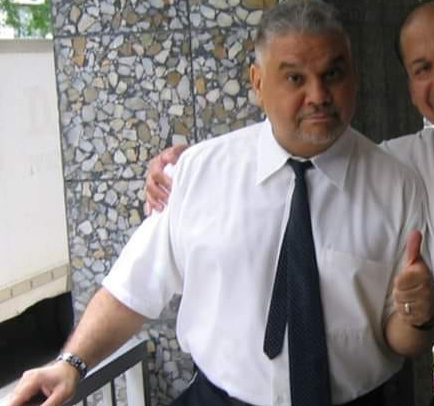
My last conversation with Alex was quick. It was early March and I was leaving the building like I did every morning to walk my dachshund. I was wearing a mask then. The news from China scared me, and because I am immunocompromised, I started taking precautions before they became the norm. I said to Alex that it was better for me to be safe than sorry and that I didn’t care about the weird looks I might get in the elevator.
Within the next few weeks, the pandemic hit New York City hard. You could see small signs, like a permanent ring that formed around the elevator buttons caused by tenants wiping them with disinfectant—a sort of scar not likely to fade any time soon. I wouldn’t leave my apartment without a Clorox wipe in hand, even to get the mail. I wasn’t the only tenant in my building who did this. We looked like we were carrying small white flags to surrender to an invisible enemy.
Editor's Note: Brick Underground's Inside Stories features first-person accounts of dramatic, real-life New York City real estate experiences. Have a story to share? Drop us an email. We respect all requests for anonymity. Click here for more of Brick Underground's coronavirus coverage.
I don’t recall when I first noticed Alex wasn’t in the building. I initially assumed he was on vacation. But his vacation time was usually in the summer. Then a neighbor mentioned she heard Alex was out sick with Covid-19. It seemed shocking. One day he was there, the next he was not. Why hadn’t I noticed? I felt anxious and dumbfounded.
I asked the super for news about Alex, but he was reluctant to give me any details. It seems that management wanted to downplay what was happening—probably so tenants wouldn’t be afraid of contracting the disease themselves.
I decided to take action. I asked on our building’s super-secret Facebook page if anyone had heard anything about Alex. Thankfully, another staff member spoke up and let us know that Alex was in the hospital and hooked up to a ventilator. He had suffered pneumonia and kidney damage. We now had an address to send well wishes to Alex’s family. It didn’t sound good.
***
By now the other doorman, porters, and maintenance staff were wearing masks and gloves daily. Delivery people were no longer allowed to come up to our doors. Tenants were required to wear masks and only two people could be in an elevator at once. Taking the garbage downstairs or going to the laundry room required gearing up.
Another week passed and each morning it was more and more disconcerting to see a temporary doorman manning the entrance.
And then I heard: Alex lost his battle with the virus and passed away on April 28th.
And even more sadly, Alex is not the only one. At least 19 doormen and porters have died in NYC as of mid-April, according to the New York Post. A temporary doorman mentioned to me that two staff members in one of his other buildings are battling the coronavirus as well.
Even more outrageous: Union reps says many doormen receive little to no personal protective equipment like masks or gloves. In my building, staff provide their own masks and gloves.
We rightfully honor first responders and healthcare workers, but all over the city, there are people like Alex who remain on the job, risking their lives without hazard pay or protective gear—with very little recognition.
These unsung heroes take our massive online grocery orders so we can avoid long lines snaking around the block. In our buildings, they are the ones forced to handle all the extra packages with no extra compensation, deal with the resulting garbage, and making sure common areas are kept clean and safe.
My ears perked up during “Saturday Night Live's” season finale when Tina Fey signed off by saying, “Thank you nurses! Thank you, doctors! Thank you, doormen!” Thank you doormen, indeed!
***
I—along with many of my neighbors—wanted to do something for Alex’s family, so a neighbor on my floor and I organized a GoFundMe. A lot of tenants in our building have left the city and did not know the horrible news, but donations poured in, along with notes about the impact Alex had on the whole neighborhood, and we were able to raise $6,200 in just one week. Residents from neighboring buildings, mailmen, and FedEx workers all chipped in as well.
In addition, a condolence book was placed in the lobby so tenants could share memories and paste in pictures of Alex.
Eventually there will come a time when we no longer have to shelter in place, but sadly, not everything will return to the way it once was. Many of us are permanently changed by the loss of people like Alex who will never return.
You Might Also Like



















